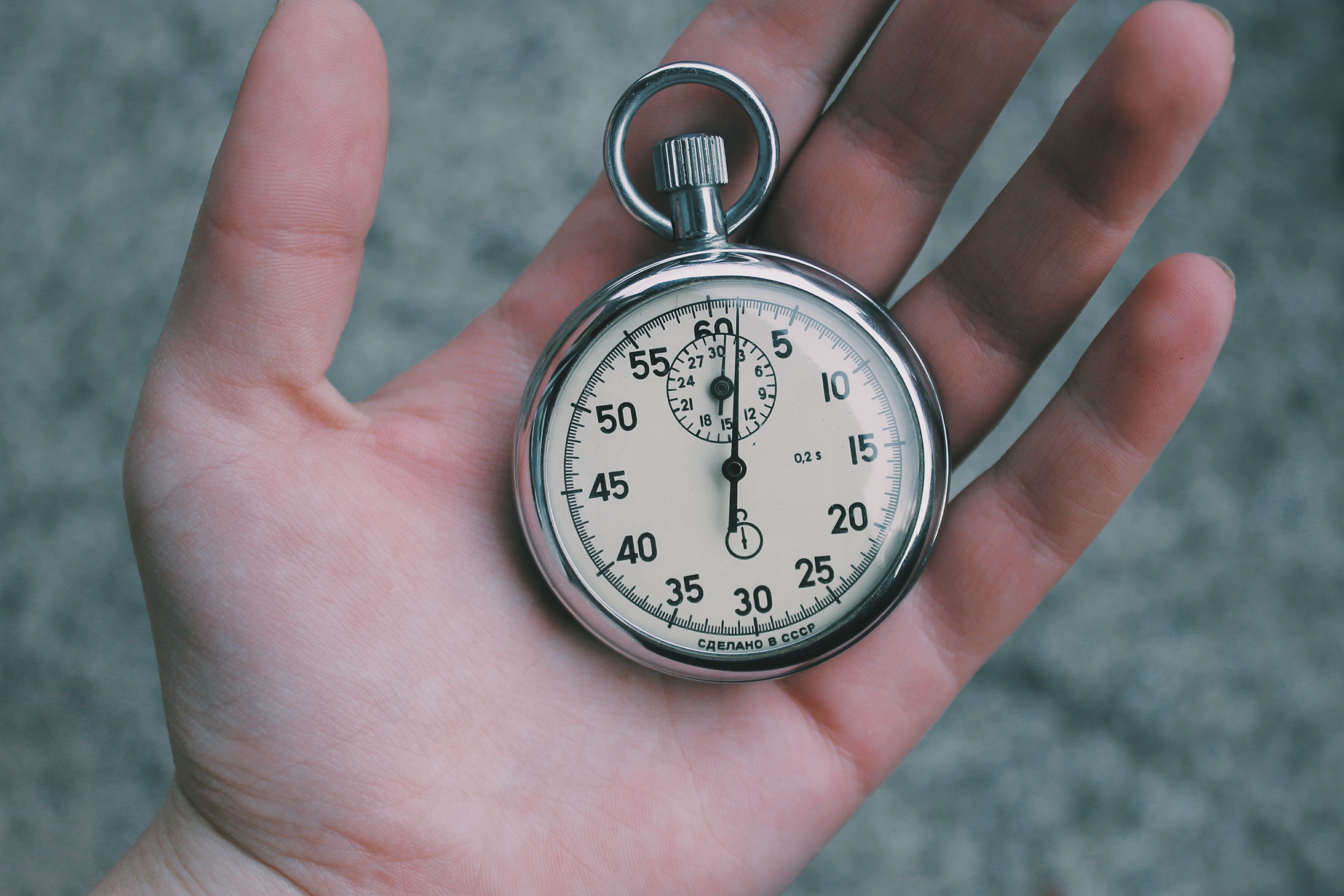How long before I rank as #1 for my keywords? That’s the most common question which SEOs have to deal with, and probably also the hardest to answer. And this is because of the many variables involved.
In addition to all the many details that come together to optimize your website, one would have to analyze the same details for all your competitors as well. And then there is Google and its search engine buddies like Bing and Yahoo--each with their own constantly changing algorithms.
Short answer: It depends!
That does not mean SEOs dabble in guesswork and charge you for it, though. Far from it. Many factors come into play, and these get resolved over time (in most cases, over 4-6 months).
The most important factors that influence SEO include:
Competition
The more competing web pages your website has to go up against, the longer your SEO will take.
If you deal in commodities that very few people want then you will probably have very few problems with SEO. There is no competition to go against and the field is there for the taking.
That will not be the case for more competitive fields where there is higher demand. Businesses selling insurance, or real estate, have their work cut out for them.
In these competitive markets, outranking the lower level competition will be easy. But as you get closer to the first page (the highest levels of competition) the more difficult it gets and the longer it will take to outrank competitive webpages.
Inbound Links
Everybody and their mom knows how important backlinks are to SEO. Consensus puts it in the top 3 among the most important ranking factors. But what impact do they have on the amount of time it takes to rank?
It depends on a few factors:
First, the volume of links to your site matters. Generally, the more links to your site, the faster you will see SEO success. However, search engines have learned to look beyond the numbers to see the quality behind your backlinks.
A bunch of links from low quality websites will not speed up your SEO--it could actually hamper slow your progress and hurt your rankings. You should instead focus on amassing quality backlinks from relevant websites.
Finally, the speed with which you earn backlinks and the speed at which you have historically earned backlinks have an effect. Why? Because a sudden increase in the rate at which you earn links will appear like an unnatural attempt at gaming the rankings.
If you follow Google’s guidelines on acquiring backlinks, you should be able to earn them naturally and this will speed up the SEO process.
Content
The quality of your content matters, and long form content tends to outrank short form. However, this does not mean that every blog post you produce has to hit the 5000 word mark. So long as the content you write is long enough to solve the reader’s problem then it is long enough--even if it’s less than 300 words.
You can also publish content quickly if you want to. Google, in the past, has debunked the idea that publishing your content to quickly could appear unnatural to Google.
That said, you want to maintain a stable publishing schedule rather than publishing in surges because:
- This shows Google that you are regularly updating your content, which will result in their spiders crawling your site more frequently. This speeds up SEO results.
- It encourages users to visit your website regularly, which Google will interpret as a positive user experience. This speeds up your SEO as well.
Don’t Stop Too Soon
SEO is for people ready to commit for the long term. Unless you are a major website like Forbes or CNN, it takes time to see results. But the good thing is if you stay the course and keep doing the right things, the results are worth it. If you eager to make SEO work for you and would like to talk to some experts about it, reach out to us at Eternity today. We would love to help.



